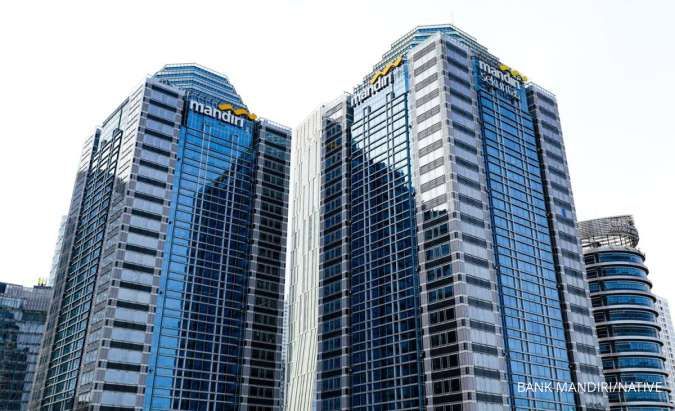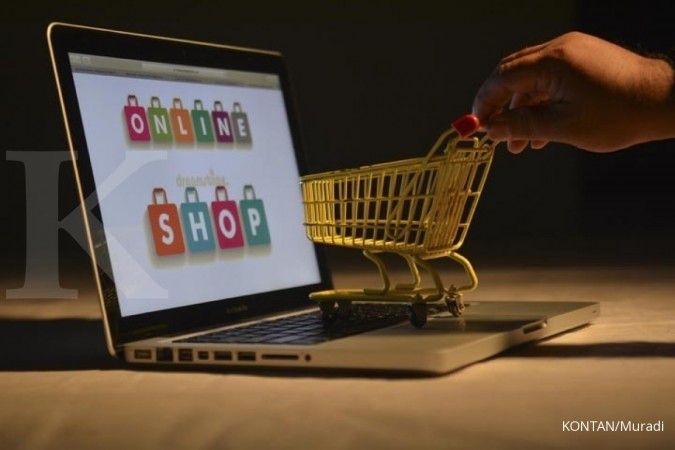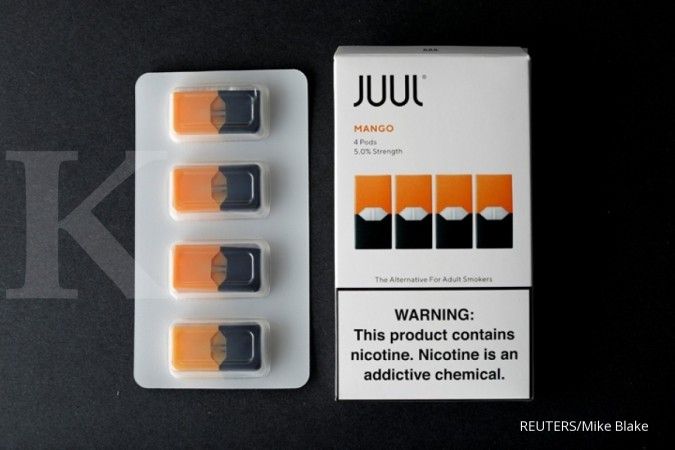KONTAN.CO.ID - SAN FRANCISCO. Facebook Inc beat analysts' estimates for revenue on Wednesday for a second straight quarter, but even as it agreed to pay $5 billion to settle a data privacy probe the company disclosed that it faces a new U.S. government antitrust investigation. While the quarterly results and the settlement with the U.S. Federal Trade Commission over privacy issues demonstrate Facebook's significant progress in tackling two of its biggest challenges ever, the newly disclosed FTC antitrust probe shows that hurdles remain on the road ahead. The company said the FTC had told it in June of the probe. Shares of Facebook, which also owns WhatsApp and Instagram, rose 1% after hours to $206.80. Shares have recouped most of the losses sparked a year ago on concerns of slowing usage and the costs of improving privacy, which spurred the biggest ever one-day drop in Facebook.
The company has increased the number and variety of ads, which are the foundation of its business, as users gravitate toward private and interactive features such as Stories. It has responded to political and regulatory pressure by expanding programs and promises related to securing data and policing objectionable content. The initiatives remain a drag on earnings, but the company's wealth of information on its users remains valuable to advertisers. Facebook, which had set aside $3 billion in the first quarter to cover a regulatory settlement, said it took a $2 billion charge in the second quarter to account for the remainder of the $5 billion settlement with the FTC. The settlement is still subject to court approval. Facebook also acknowledged in a statement the U.S. Justice Department's announcement on Tuesday of an "antitrust review of market-leading online platforms." Facebook reported 2.7 billion monthly users and 2.1 billion daily users across Facebook, Messenger, Instagram and WhatsApp, both figures about same as last quarter. Revenue rose to $16.9 billion from $13.2 billion a year ago, beating analysts' average estimate of $16.5 billion, according to IBES data from Refinitiv. "Global scrutiny on Facebook’s business practices have had little impact on the business in recent quarters as revenue deceleration has been less than expected," Stifel analyst Scott Devitt said to investors this week. U.S. PROBES Facebook has faced questions for the past three years from regulators and users worldwide over how a service designed to share news and events with friends and family has become a platform for spreading misinformation about politics, health and other subjects. A series of data breaches has prompted investigations in several countries. The U.S. Justice Department said on Tuesday that it would examine complaints that some "search, social media, and some retail services online" are engaging in anti-competitive practices, an apparent reference to big tech companies including Facebook. The FTC inquiry that was settled on Wednesday stemmed from allegations that Facebook inappropriately shared information belonging to 87 million users with the now-defunct British political consulting firm Cambridge Analytica. A Netflix documentary about the scandal, "The Great Hack," premiered Wednesday. The fine, which some lawmakers have called "a slap on the wrist," cut quarterly profit to $2.6 billion, compared with $5.1 billion, a year earlier. Excluding the fine and a $1.1 billion one-time tax expense, earnings would have been $1.99 per share, Facebook said. The tax expense stemmed from a court ruling, in which the company was not involved, that it said required accounting changes for stock-based compensation is a Costs jumped 66% compared to a year ago, to nearly $12.3 billion, as Facebook continues to ramp up spending to improve content and security across its platforms.
Facebook has said it expects expenses and revenue growth to come back closer to even but several hurdles remain. In emerging markets such as India, revenue is lagging behind Facebook's number of users. Efforts to enter new businesses, such as recently announced plans for a cryptocurrency called Libra as part of a move into digital payments, have faced pushback from lawmakers and regulators. Meanwhile, the company is developing additional hardware products, which can be more costly to build than apps. There were bright spots in the second-quarter results. For instance, revenue from Europe accelerated for the first time in several quarters, growing 24% compared to 20% last quarter.




